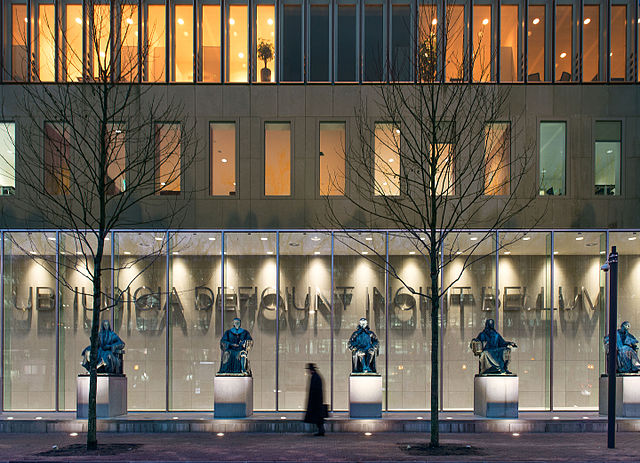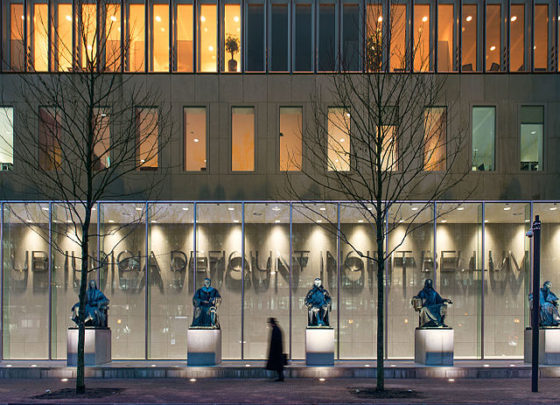Aphrodisiacs are not food, and should be taxed at 21%, Supreme Court rules


Supplements meant to boost the libido such as ‘Spanish fly’ and herbal ‘poppers’ are not foodstuffs and as such should not fall under the low rate of value added tax (btw), the Dutch Supreme Court said on Friday.
The case, between an un-named sex shop owner and the tax office, focused on whether capsules, liquids and powders sold as aids to boost sexual appetites should be subject to 9% or 21% btw.
The European Court of Justice ruled in October that the products could qualify for the lower rate because they are ‘ingested orally’ and that some of the ingredients are used as food by humans.
The definition of foodstuffs, the European court said, covers all ‘products containing nutrients which serve as building blocks, generate energy and regulate [the body’s] functions.
However, judges in the Netherlands have set that ruling, which was advisory, to one side.
‘The products are promoted on the packaging as aphrodisiacs and this is how they are used,’ the court said. ‘Because they are not manufactured or sold as foodstuffs’ they cannot fall under the lower rate, the court said.
The sex shop, which has not been named in court documents, sold the items between 2009 and 2013 with the then lower btw rate of 6%. But the tax office thought a standard 21% rate should have been charged, reportedly sending the owner of the shop a €44,000 bill.
Thank you for donating to DutchNews.nl.
We could not provide the Dutch News service, and keep it free of charge, without the generous support of our readers. Your donations allow us to report on issues you tell us matter, and provide you with a summary of the most important Dutch news each day.
Make a donation